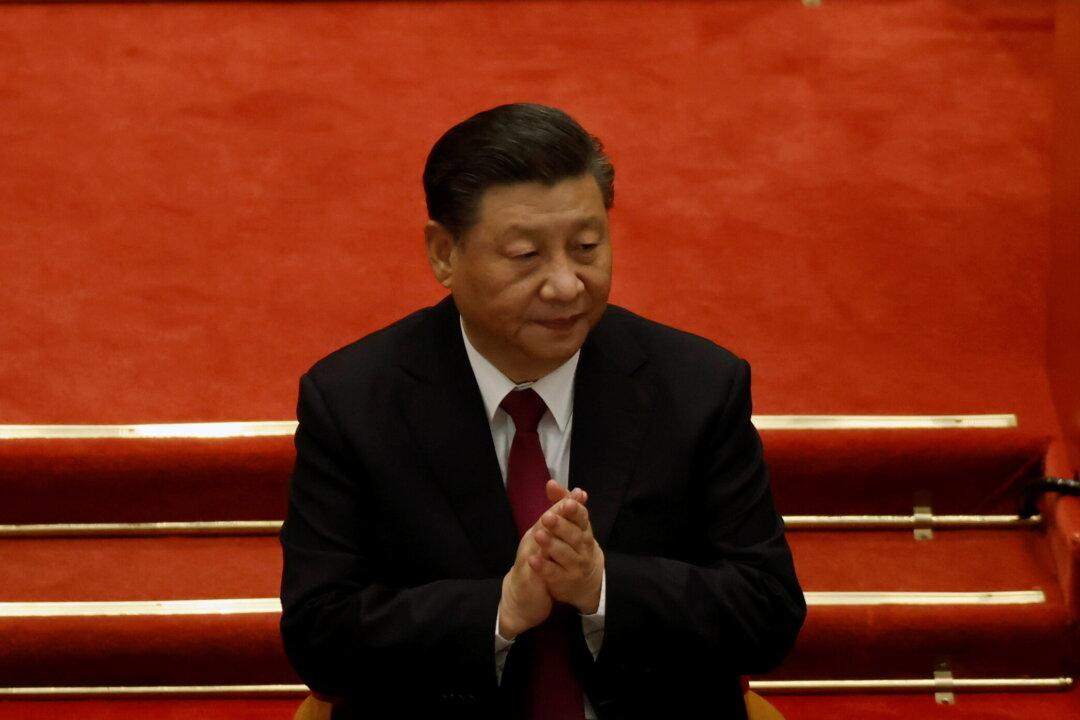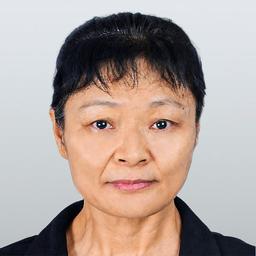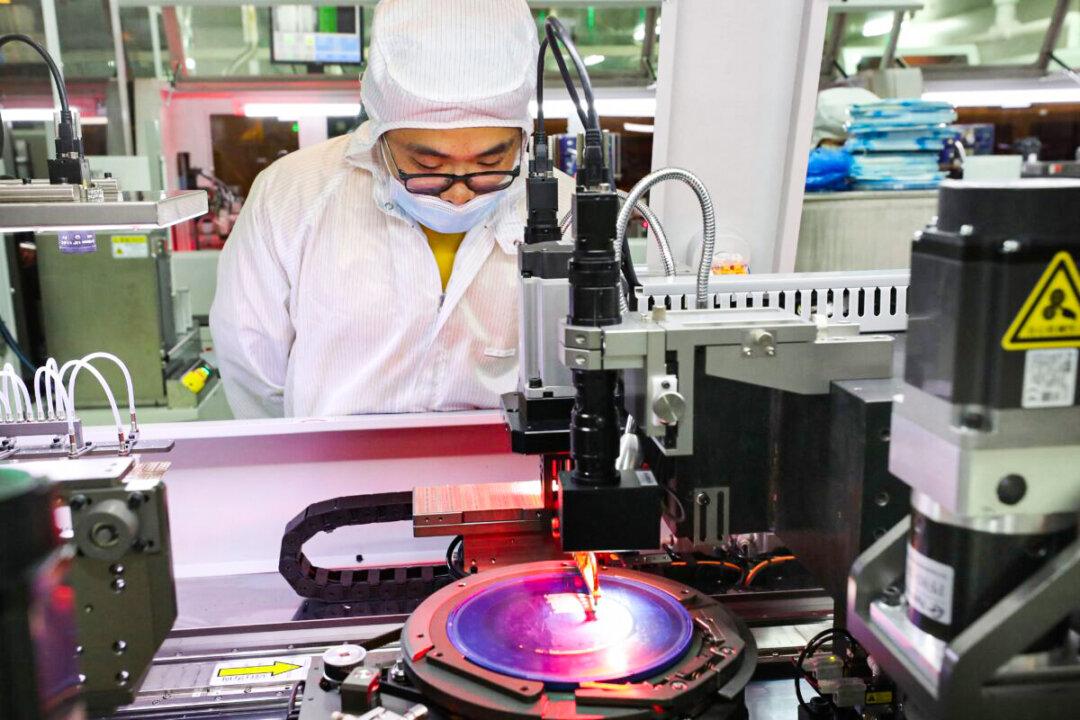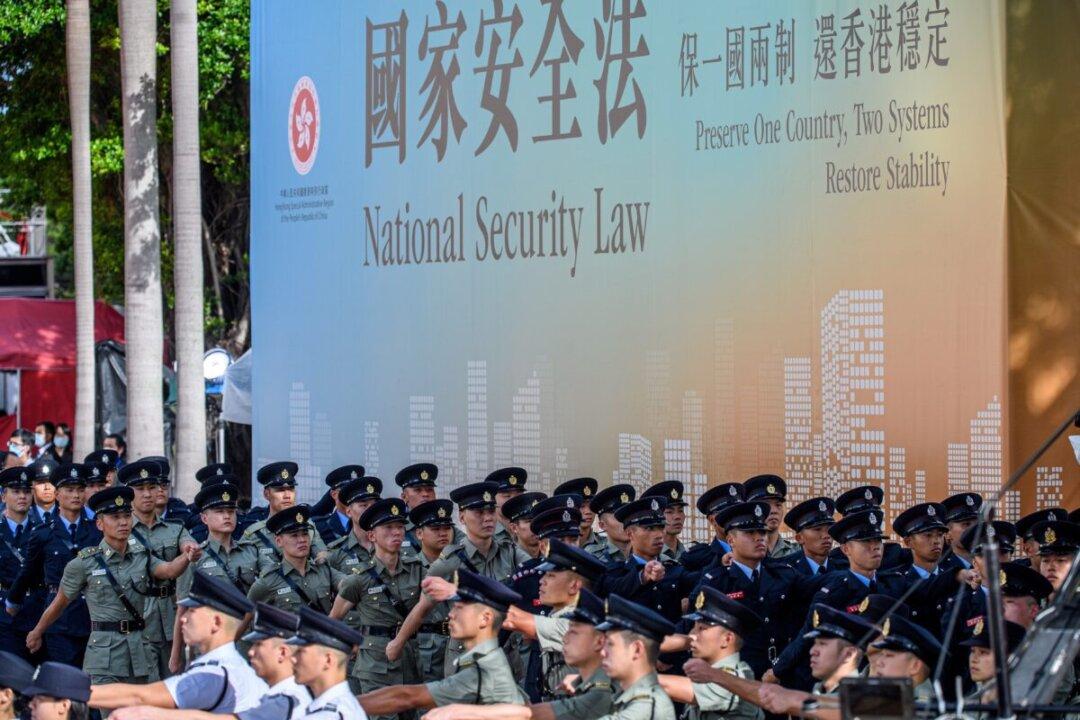Since the beginning of this month, the Chinese Communist Party’s (CCP) state-run media have run editorials one after another that advocate “struggle” and encourage communist cadres to “stick to principles and dare to struggle.” Then, on Sept. 13, the CCP’s military outlet re-emphasized “Party discipline,” and even cited the execution of a communist cadre 80 years ago to give a vivid example of “Party discipline.”
The first batch of “struggle” articles were based on Xi’s Sept. 1 speech at the Central Party School, in which he emphasized that young communist cadres must be loyal to the CCP, adhere to principles, and dare to fight.






